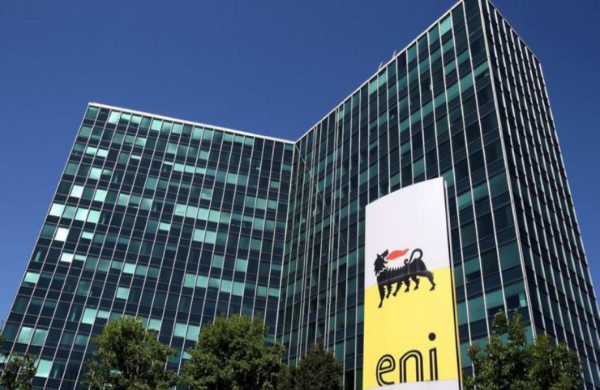The agreement is an important step towards HyNet North West becoming fully operational as the world’s first asset based regulated CCS business

Eni has reached an agreement in principle with the UK Government’s Department of Energy Security and Net Zero (DESNZ) on the key terms and conditions for the economic, regulatory and governance model for the transportation and storage of carbon dioxide at the HyNet North West industrial CCS cluster.
The agreement paves the way for the completion of definitive agreements in the coming months. The agreement is an important step towards HyNet North West becoming fully operational as the world’s first asset based regulated CCS business, providing carbon transportation and storage for companies in the North West of England and North Wales.
Eni believes CCS could be crucial in energy transition strategy and it becomes a significant business for the company. It has established a leading position in the UK where Eni is the CO2 transport and storage operator of the HyNet North West consortium.
Moreover, the company is planning a second UK CCS hub to decarbonise the Bacton Energy Hub and the Thames Estuary region – and has been granted a license to store carbon dioxide in the depleted Hewett gas field in the Southern North Sea. Together, HyNet North West and Bacton have the capacity to store 500 million tonnes of CO2.
HyNet North West is expected to be operational by the middle of the current decade with a storage capacity of approximately 4.5 million tonnes of CO2 per year in the first phase. It has the potential to remove approximately 10 million annually after 2030. HyNet North West will make a major contribution to the UK’s target of storing 20-30 million tonnes of CO2 annually by 2030.
Eni’s CEO, Claudio Descalzi, commented: “CCS will play a critical role in energy transition, cutting safely emissions from industries that currently don’t have the technology to do so another way. Agreement is a significant step towards establishing a significant new industry for the country. The Heads of Terms outline a regulated model that can help the CCS industry achieve scale and provide the certainty needed for private sector investment. This kind of close cooperation with the public sector will be critical to developing the kind of groundbreaking projects we need to address the climate challenge”.
Subscribe to our newsletter & stay updated.